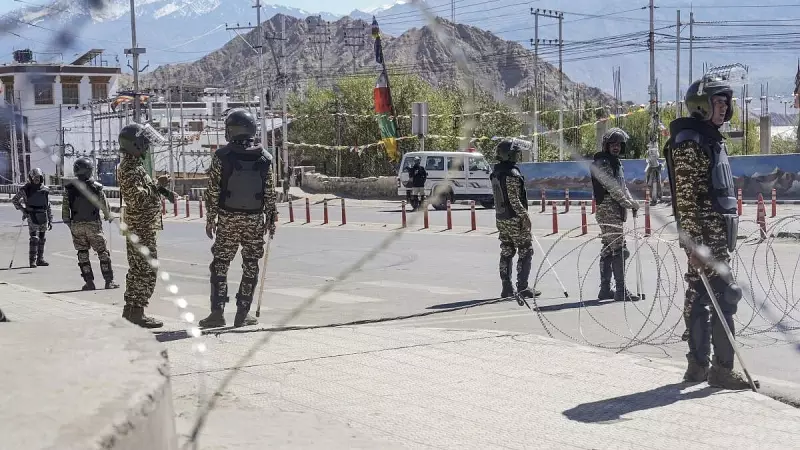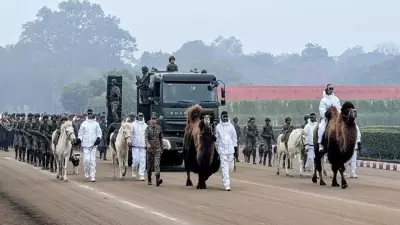
In the wake of recent violent incidents in Leh, prominent Ladakh organizations have presented a revised set of demands to the Central Government, marking a significant development in the region's ongoing dialogue with authorities.
Fallout from September Clashes
The draft document submitted by various Ladakh bodies places major emphasis on the consequences of the September clashes, which these groups claim exposed the fundamental fragility of institutional trust within the region. The violent incidents have apparently highlighted deep-seated concerns about governance and representation that require immediate attention.
According to the organizations involved, the September events served as a wake-up call, demonstrating how quickly tensions can escalate when institutional mechanisms fail to address public concerns effectively. The timing of this submission, coming approximately two months after the violence, indicates careful consideration of both immediate and long-term requirements for the region.
Restructured Demands and Key Focus Areas
The newly formulated demands represent a comprehensive approach to addressing the underlying issues that contributed to the recent unrest. While specific details of the restructured demands weren't fully disclosed in the initial report, the emphasis remains on rebuilding trust and ensuring better governance structures.
The groups have clearly indicated that their revised approach takes into account the changed circumstances following the September violence. The draft reportedly reflects lessons learned from the clashes and proposes concrete measures to prevent similar incidents in the future.
Broader Implications and Next Steps
This development comes at a crucial juncture for Ladakh, which has been seeking greater autonomy and protection of its unique cultural identity. The submission of restructured demands suggests a strategic shift in how local organizations are engaging with the Central Government.
The focus on institutional trust represents a fundamental concern that extends beyond immediate political demands. It touches upon the very relationship between the people of Ladakh and governing institutions, suggesting that repair work needs to happen at multiple levels.
As the situation develops, all eyes will be on how the Center responds to these revised demands and whether the dialogue leads to meaningful solutions that address both the immediate concerns raised by the September violence and the longer-term aspirations of Ladakh's residents.





